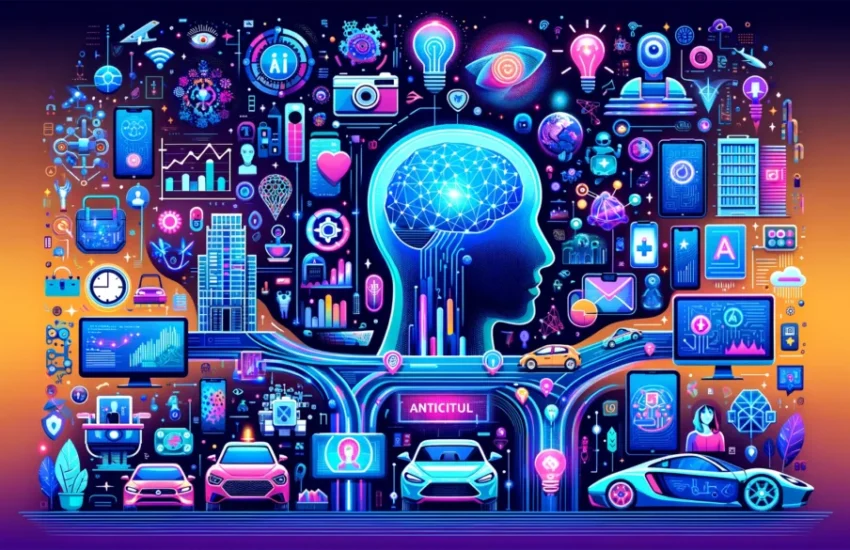It seems like you’re asking about AI (Artificial Intelligence). AI refers to the simulation of human intelligence processes by machines, particularly computer systems. These processes include learning, reasoning, problem-solving, perception, and language understanding. AI has become a significant part of modern technology and is applied in various fields. Let me explain a bit further:
Key Concepts of AI:
- Machine Learning (ML): A subset of AI, machine learning enables machines to learn from data and improve their performance without being explicitly programmed. It uses algorithms and statistical models to identify patterns and make predictions.
- Deep Learning: A more advanced form of machine learning, deep learning uses artificial neural networks (modeled after the human brain) to process large amounts of data. This is the technology behind things like image and speech recognition, autonomous vehicles, and even natural language processing (NLP).
- Natural Language Processing (NLP): NLP allows computers to understand and generate human language. It’s the technology behind chatbots, translation apps, and voice assistants like Siri and Alexa.
- Computer Vision: This allows machines to interpret and make decisions based on visual input (e.g., identifying objects in an image or video). It’s used in applications like facial recognition and autonomous driving.
- Robotics: AI is often used in robotics to enable machines to perform tasks autonomously, such as assembly line work, medical surgeries, or even personal assistants like robots used in homes.
Applications of AI:
- Healthcare: AI helps in diagnosing diseases, recommending treatment plans, and even developing new drugs.
- Finance: AI is used in fraud detection, algorithmic trading, and customer service through virtual assistants.
- Entertainment: Recommendation systems (e.g., Netflix, Spotify) use AI to suggest content based on user preferences.
- Autonomous Vehicles: Self-driving cars use AI to navigate, make decisions, and interact with their environment.
- Customer Service: AI-powered chatbots and virtual assistants help businesses provide 24/7 customer support.
Types of AI:
- Narrow AI (Weak AI): This is AI that is specialized to perform specific tasks (e.g., voice assistants, recommendation systems). It does not possess general intelligence.
- General AI (Strong AI): This is still theoretical and would involve machines having the ability to understand, learn, and apply intelligence across a wide range of tasks—similar to a human being.
AI is continuously evolving, and its applications and impact on various industries are growing rapidly. Whether it’s enhancing productivity, automating tasks, or creating innovative solutions, AI is shaping the future of technology.
Is there a specific area of AI you’d like to know more about?

